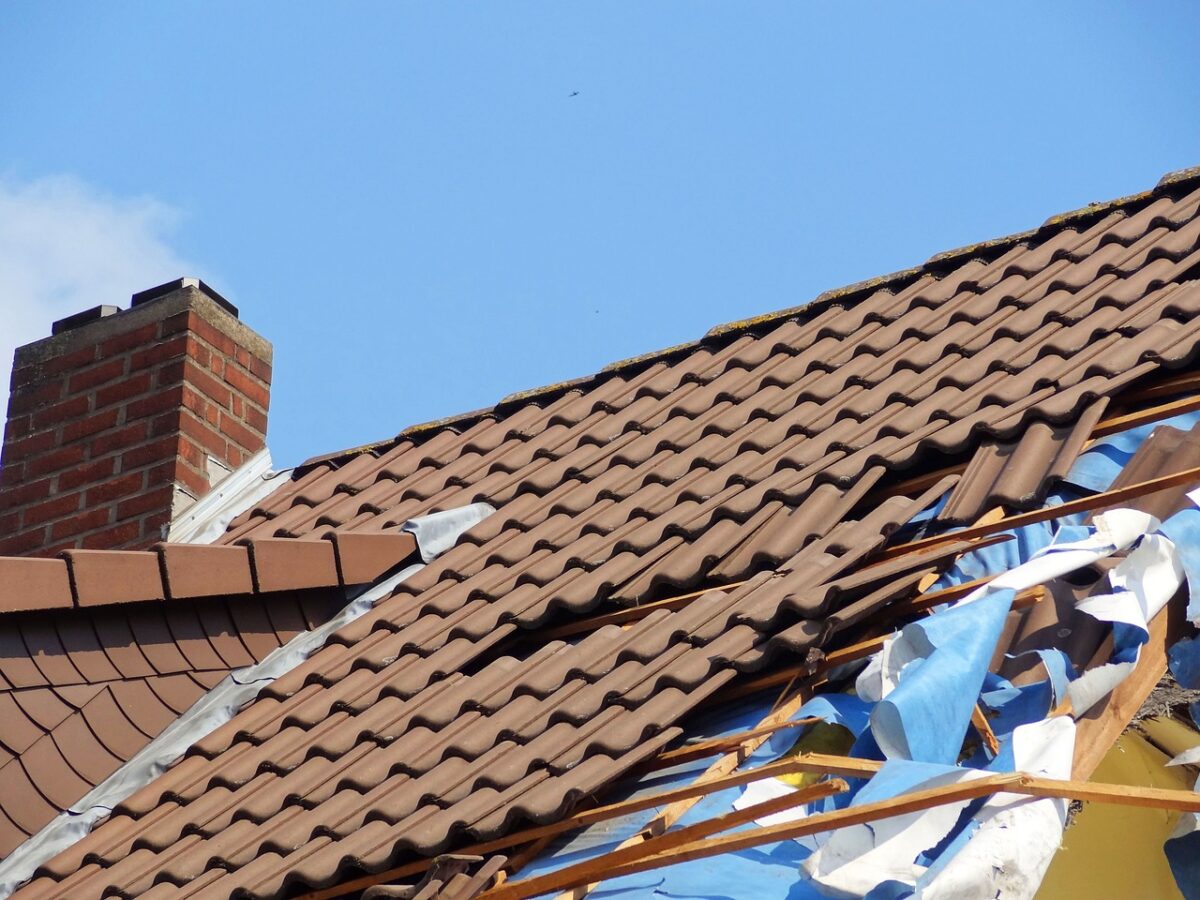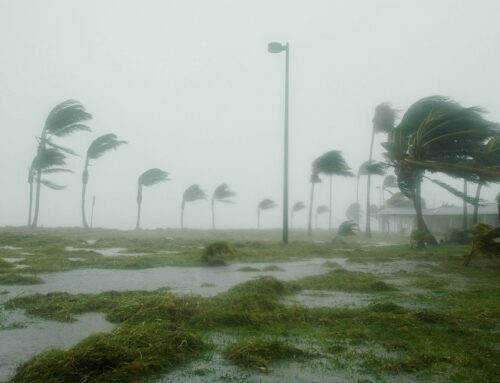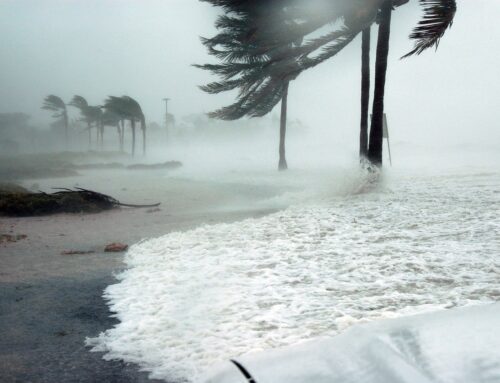After a major hurricane like Milton, it’s normal to feel overwhelmed, stressed, and – above all – eager to return to normalcy. However, if you’re dealing with property damage and a buildup of debris, you can’t rush the process, or else you may end up experiencing insurance denials and headaches. The system is still overwhelmed, and if you are waiting for much-needed assistance, you want to do everything by the books to ensure success. Depending on when you filed a claim and where you live, inspectors may not have made it out to your property, making planning repairs extremely tough. Are you allowed to fix major issues if no inspector has examined them? Will that affect claim eligibility? Today, we will explain what you should do if you are dealing with delayed claims help from your insurance provider and how you may be able to have a better experience next time something disastrous happens.

Document Everything: If you can’t wait any longer to begin major repairs or remove debris and garbage from your property, call your insurance provider to inform them of your plans – then take photos and videos of all damage. Make sure to capture every detail, even if it doesn’t seem like it would be important. When your provider claims they need to see proof of the damages to pay out, you will be very glad you took plenty of proof pictures. Many claims are denied simply because homeowners start repairs before the damage is appropriately documented or don’t contact their provider to hear what evidence they will need to see later.
Wait for the Adjuster: Likely, many Floridians are still waiting on their insurance adjusters, as demand is high after two hurricanes in quick succession. Remember, you may be able to make some repairs before the adjuster assesses your property, but you need to follow the proper channels and gather evidence. Unauthorized repairs that destroy key proof of the damage are common issues resulting in denials or delayed claims.
Temporary Repairs: Temporary repairs that prevent further property damage or keep the house safe are generally allowed, but again, collect and retain as much evidence as possible. Keep all receipts for funds used to make these repairs, and take temporary action if it protects the property. If you still have leaky windows or dripping roof tiles, don’t leave them in an entirely unrepaired state any longer.
Keep Communication Open: Once your claim is filed, remain involved in the process and continue to communicate with relevant insurance parties. If you’re still waiting on in-depth inspections, continue asking about timelines and what evidence they need.
Similar concerns exist for Florida homeowners dealing with backed-up FEMA inspectors, and until we get a few months past this period, delays may remain an issue. However, miscommunications or clerical errors may be the issue if you’re still waiting on insurance inspectors. Plus, if you didn’t immediately make a claim or discovered property damage long after the hurricane, you may find yourself at the end of the list. Contact your insurance company to clarify your inspection status and delayed claims.
Hurricane season in Florida can feel overwhelming, but it is important to prepare for the next one now while the lessons of Hurricanes Milton and Helene are fresh. The home insurance experts at Anderson & Associates Insurance Group can assist you in reviewing your policy, identifying deficiencies, and making any updates that may be necessary to protect against flood, wind, and rain damage in the future.
Hurricanes can be destructive, but our team of professional insurance brokers can help you navigate it with as few delays as possible.









